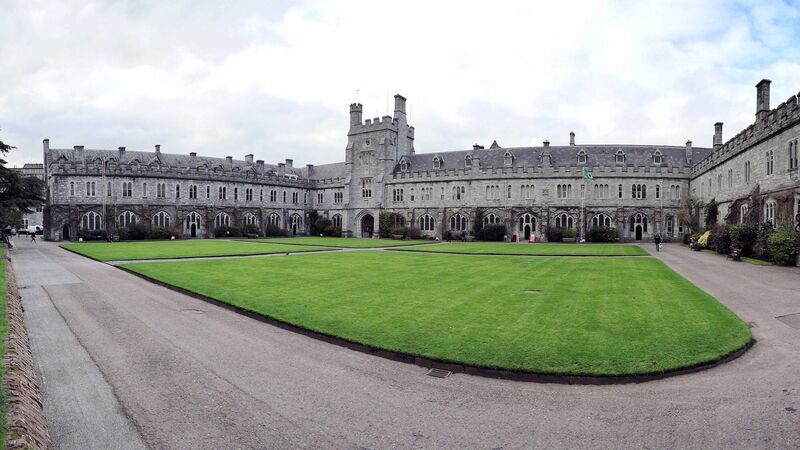UCC scientists contribute to breakthrough in virus fight

The UCC team, led by John Atkins, worked with the ETH Institute in Zurich on the project.
University College Cork scientists have contributed to an exciting discovery which offers a ray of hope for future inhibition of the Covid-causative virus, including Covid-19.
The team, led by John Atkins, worked with the ETH Institute in Zurich to identify a weakness in a mechanism on which the virus depends to reproduce.













